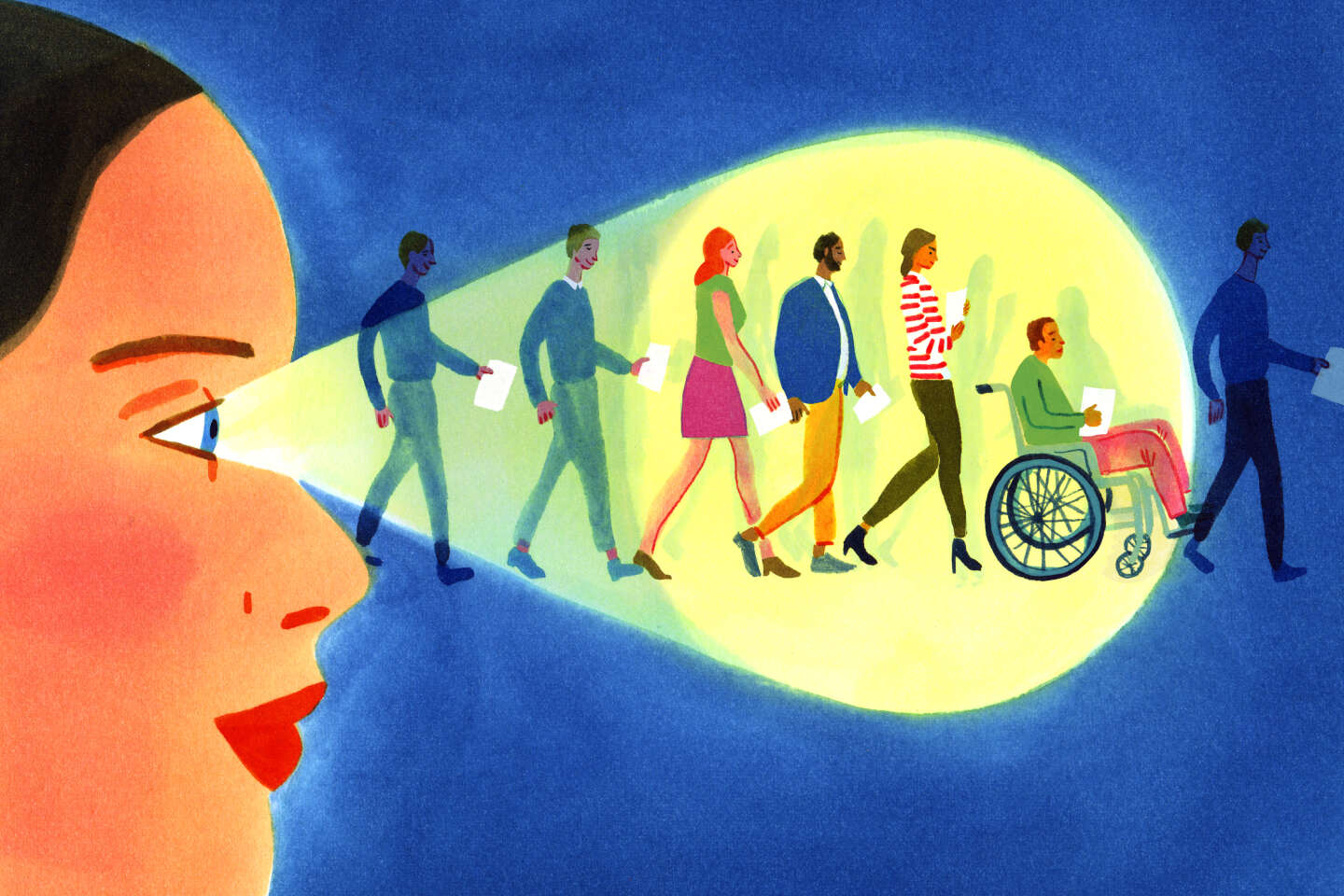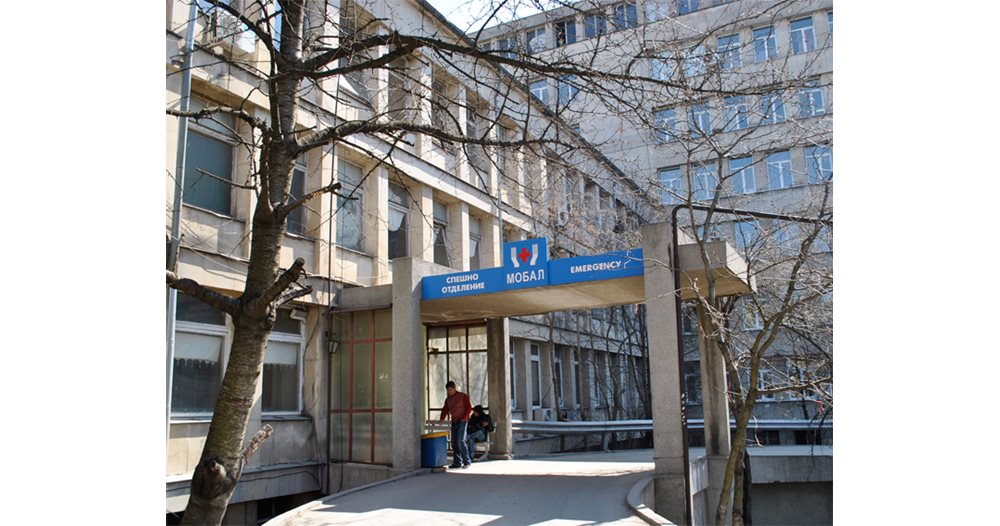In 2018, Jeanne, 35, is a street educator in a popular district of Rennes: “I saw that my toolbox was missing things to understand my work environment,” she remembers. She then decided to go back to school and enrolled in the gender master’s program at the University of Angers. Having become, thanks to this training, marriage and family counselor at Family Planning near Saint-Malo, she claims to have “rediscovered a different working environment. I said to myself ‘Wow, it exists’. On a daily basis, I don’t have to fight with my colleagues on basic sexist stuff and that makes me feel good. » Like her, more and more students are choosing these courses for a master’s degree or through continuing education.
Since the mid-2010s, around ten gender masters have been created. In addition to the historical sector that has existed in Paris-VIII-Vincennes-Saint-Denis since 1974, there are now some in Toulouse, Lyon, Angers. In addition to a common core in human sciences in master 1, on the history of sexualities, medical knowledge or questions of race and disability, these masters offer specializations in the second year: social development at Paris-I, sport in Lyon-I or the fight against discrimination in Angers.
An academic offer still little known to students, but sought after: at Paris-I, twenty-five people are thus selected each year out of a hundred applications, including a third of foreign origin. Created in 2017, the diploma of the University of Angers, accredited with a group of North-West universities (Rennes, Brest, Le Mans, Nantes), receives for its part two hundred applications in M1 for fifty places: it is the only remote one and welcomes half of the students in continuing education.
If training is developing, there is an expectation. Professions often emerging in the private or public sector, such as diversity and inclusion consultant, disability referent or equality officer. “It’s a very important source of employment, there is a big demand, assures Gaëlle Gillot, teacher-researcher at Paris-I-Panthéon-Sorbonne University, where the diploma was born, in 2019. At the local and international level, we must now take gender into account and there is a need for trained people.
An index of professional equality
The new laws in the public and private sectors concerning parity, sexual violence and professional equality have also accelerated recruitment. For example, since 2020, all companies with more than fifty employees must calculate and publish an “index of professional equality between women and men” each year. “These masters meet a social demand, but also a demand from private or public institutions that have needs”, cconfirms Nahema Hanafi, director of the master’s program in Angers.
You have 58.2% of this article left to read. The following is for subscribers only.


